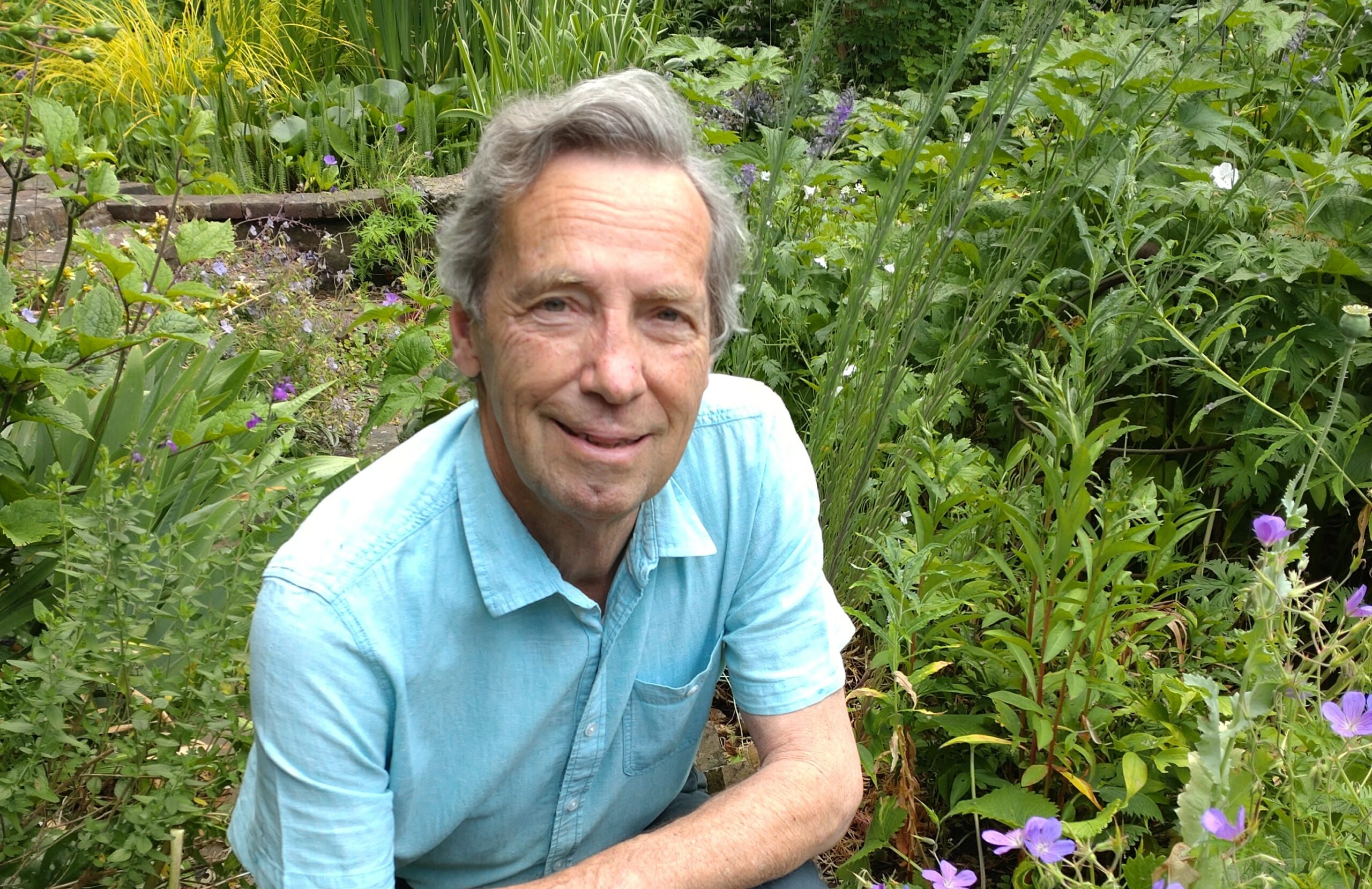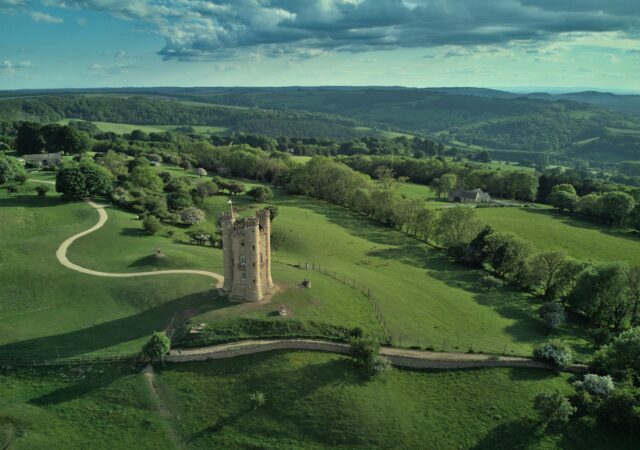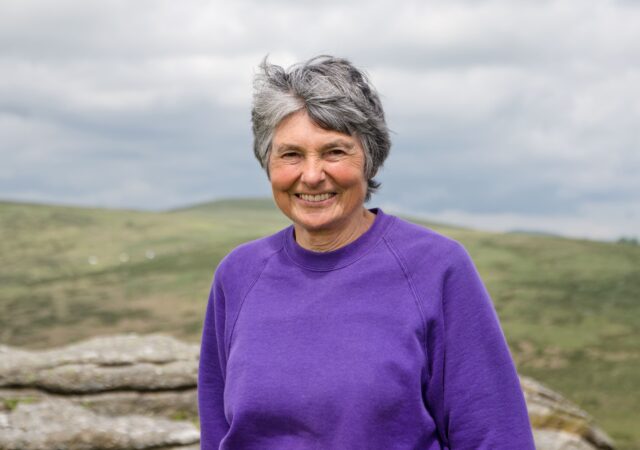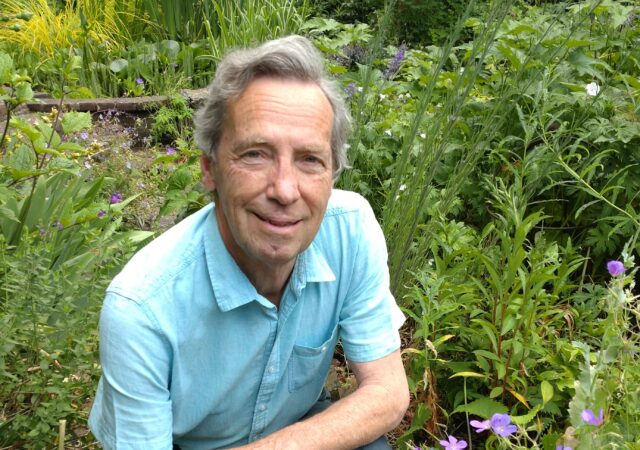We’ve all heard of people having a midlife crisis at 50 well here’s how one quintastic man handled his. Author Alan Heeks explains how organic gardening methods helped him to cultivate human nature and recover from burnout at 50.
I did my midlife crisis thoroughly: soon after turning 50, my 27-year marriage broke up, my main consulting client fired me, and I had a major cancer scare. Help came from a surprising source…
Some years before, I had dropped out of a successful management career, and followed a wild impulse to start an organic farm, from scratch, with zero experience. Now, I realised I could use organic cultivation methods to regenerate myself. Here are a few highlights.
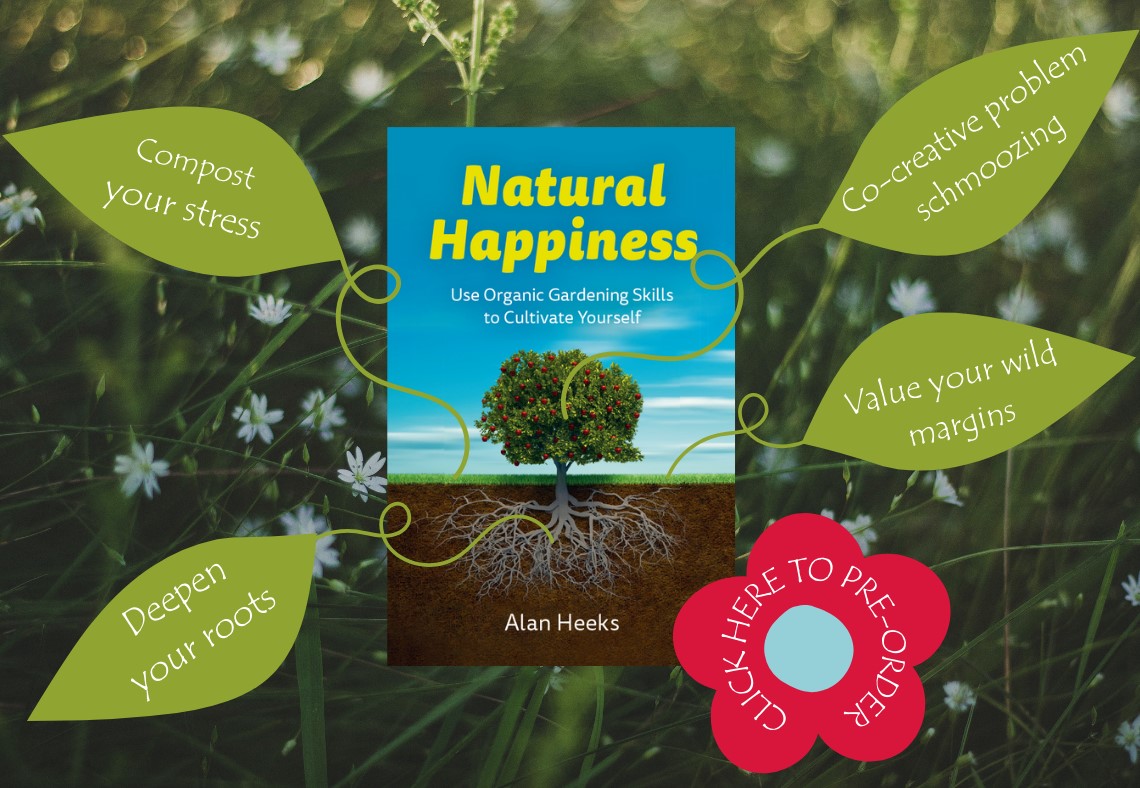
The roots of resilience
In organic systems, a plant under stress deepens its roots, to access more resources and get stability in storms. Imagine doing the same: what nourishes your roots, and how could you extend them?
This approach is quite different from intensive, chemical farming where growth is driven by artificial fertiliser and problems are suppressed with chemicals. Can you see the parallels for people: pushing yourself along with stimulants, and using social media, alcohol and lots more to ignore the problems?
How a loner found community skills
These times keep getting more turbulent and confusing: we need the emotional and practical support of community. However, many of us lack the skills for this: such as good listening, expressing strong feelings carefully, resolving conflicts. I was an only child, and a loner well into adulthood, so I had no grounding in these skills.
Here too, organic farming was my teacher. Industrial farms are usually monocultures, growing one crop on hundreds of acres. They are vulnerable to pests and diseases. Organic and traditional farms aim for diversity: a mix of activities, so if one fails, the others support you.
One of my favourite features in the organic certification standards is wild margins: the edges of fields are left uncultivated, so wildflowers and insects can flourish. If the main crop has a problem, often the antidotes come from the wild margins. This has helped me in communities of people: often it’s the maverick or oddball who has the new insight, so we need to include them.
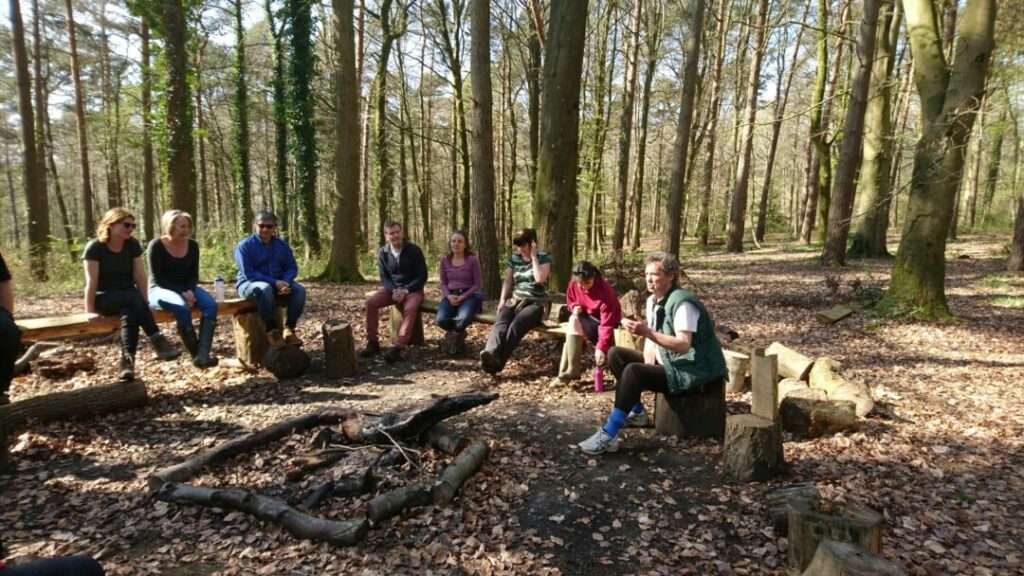
Hands in the earth
Although these methods work whether you’re a gardener or not, in my midlife crisis they combined with practical veg growing, plus walking and sitting in Nature, to get me through. My fifties were a second adolescence, including the adventures and heartbreaks of blind dates. By sixty, I had met Linda, who’s now my second wife. She’s a keen gardener with more technical knowledge than me, and the garden is a big part of our life.
Rooting for doctors
I have led workshops using these Natural Happiness approaches for hundreds of people, including individuals, work teams and community groups. I am proudest of the Resilience Retreats for NHS doctors, who arrive rigid and numb with stress. Even they find these approaches re-energise them.
I have distilled all this experience into my new book: Natural Happiness: Use Organic Gardening Skills to Cultivate Yourself. It offers down-to-earth, self-help approaches, easy to follow whether you’re a gardener or not. The book has detailed processes for all the Seven Seeds of Natural Happiness, including composting, natural energy sources and lots more.
Website: www.naturalhappiness.net
Facebook: www.facebook.com/growhappynaturally
Twitter: twitter.com/nathappiness

